by Melissa Spear
Executive Director
A Story About Race and Racism
When I was in 6th grade my school in Richmond, CA was “integrated” by bussing black children in from surrounding communities. This was a painful and emotional experience for all concerned. The children being bused in were clearly not happy to be at our school, while those of us from the school felt confused and threatened by the intensity of emotion that seemed to be directed at us by our new classmates.
I remember standing out in the playground and watching the new students assembled on the front steps of the auditorium loudly chanting with fists raised “Say it loud, I’m black and I’m proud!” At 11 years old I sensed they were angry, and I could not help feeling that this anger was somehow directed at me–was somehow an accusation that I personally had some responsibility for whatever it was they were angry about. I did not understand how that could be true. “After all” I naively thought at the time, “I have nothing against them, I am not racist, I want us to be friends!”
This experience left an indelible impression on me. I knew intuitively that there was something deeply wrong, some injustice that lay at the root of what was happening, but I had neither the information nor the tools I would have needed at that point in my life to figure out what was really going on.
I have come a long way in my understanding of this episode in the intervening decades. Much of this understanding has come as a result of the work we are engaged in at Common Ground to develop the knowledge, self-awareness, skills and systems necessary to align our work with one of our core values, to cultivate “a diverse human community that thrives within an environment of trust, equity, dignity, and interconnectedness.”
We began this work three years ago, and recently entered into a partnership with CEIO – the acronym stands for Co-creating Effective and Inclusive Organizations – that will provide the support and facilitation skills necessary to accomplish this aspirational goal.
I have learned many important lessons over the three years that I have been engaged in this work at Common Ground that are effectively transforming the way I walk through the world. For one, I have gained a much more rigorous and deep understanding of the ways key societal institutions and systems have been designed to favor white people, and disadvantage people of color, and how this has led to a significant wealth gap, disproportionate incarceration rates, and an unacceptable achievement gap in education among other inequities. This awareness has helped me to empathize with, and share in the anger that has been expressed in response to the injustices perpetrated on communities of color in Ferguson and elsewhere by biased systems, institutions and yes, people.
I have also come to understand how important it is to be able to differentiate between expressions of anger about institutional racism, and personal accusations of racism. The children who were chanting “I’m black and I’m proud” on those school steps 40 odd years ago were not personally accusing me of being racist. Their outcry was not about me. It was about a system and a society that was treating them unfairly and unjustly based on the color of their skin.
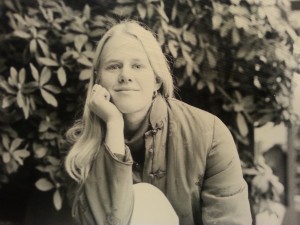
The author and Common Ground’s Executive Director, a little while after she first faced school bussing.
By reacting to their chant personally (insisting “I am not a racist”) I became defensive and thereby resistant to questioning what their passionate outburst might really be about. As a result an important learning and growing opportunity was missed not only by me, but by everyone – staff and students alike – at my school!
Perhaps most importantly, I have learned that to really do the work of “cultivating a diverse human community that thrives within an environment of trust, equity, dignity, and interconnectedness” I have to embrace complexity and take risks.
It is scary for me, a white person, to engage in a frank, sincere, real conversation about race and racism – especially with a black person.
Will I say something wrong? Will I use my power (privilege) inappropriately to subvert the agenda? Do I have anything of value to contribute? Are my reactions coming out of some deep desire to protect myself, my position, the advantages I gain from the current system? What if I disagree? Do I have any idea what I am talking about? Will my thoughts and opinions be disregarded and what will I, should I do if they are?
The conversations we are having at Common Ground have been hard, but they are getting easier with time. In part it is because the relationships are getting deeper. In part it is because we are acquiring more skill. Regardless, I know I cannot expect to ever be totally comfortable in this work simply because it requires acknowledging and confronting painful realities.
When I think back to how ill-equipped all of us at Washington Elementary School were to deal with the difficult circumstances that brought us together, I realize how important it is for Common Ground to do a better job preparing both our staff and students to directly address similar challenges.
Being honest about the bias built into our institutions, and the existence of systemic racism is often uncomfortable, but it is necessary if we hope to live up to our values not just as an organization, but as a country.
I recently had the privilege of hearing Charles Blow deliver a powerful and inspiration speech about race in America. In his speech Mr. Blow laid out in clear and compelling terms how deep-rooted bias and institutionalized racism has not only disenfranchised the black community, but also kept us from truly realizing our core values as Americans – that all men are created equal, and that here, in the United States of America, there is liberty and justice for all. We are diminished as a society by norms, attitudes, behaviors, systems and institutions that perpetuate racism, or any form of “-ism” for that matter.
The work Common Ground is engaged in to examine our organizational norms, assumptions, attitudes and behaviors is intended to help us live up to our values – to cultivate “a diverse human community that thrives within an environment of trust, equity, dignity, and interconnectedness.” Just as important, the work is about making Common Ground even more accessible, relevant and effective at delivering mission impact to all communities.
But perhaps most significant, at Common Ground we believe that unrecognized, unaddressed bias is deeply damaging to our community, our society and even our country as a whole. For this reason we want to effectively and proactively address injustice and inequity wherever it manifests, and make sure we are a part of the solution, not a part of the problem.
Note: Later this year Common Ground will be sending out a questionnaire that will help us assess how well (or poorly) we are doing at “cultivating a diverse human community that thrives within an environment of trust, equity, dignity, and interconnectedness.” We are hoping to receive a robust response as this will guide our work going forward. I hope you will take the time to share your thoughts and feelings with us!

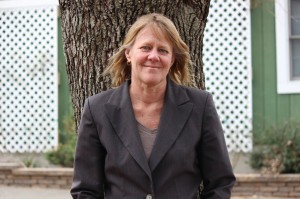
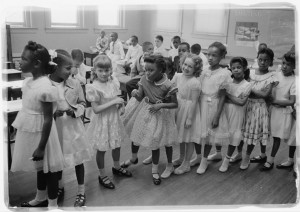
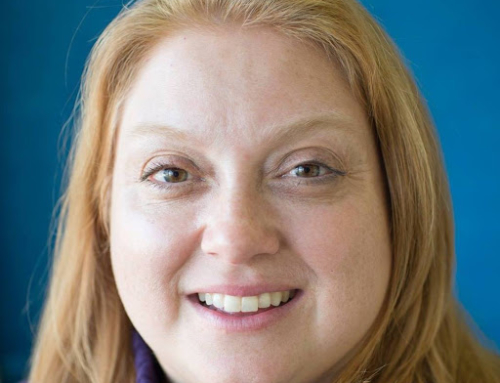
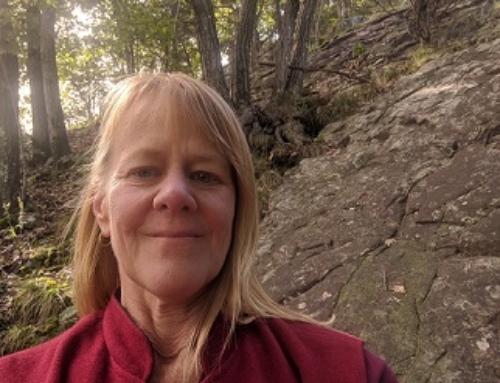
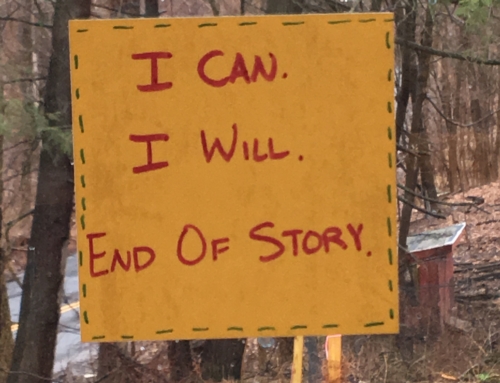
Ms. Spear,
“You got it” !
Black people are not angry at individuals. They are fed up with institutions if racism. My children and I have frequented the grounds of Common Ground for years on and off. It has been one of the most inclusive environments my family has experienced. My little comes home with stories of all the friends she’s made. We’re “invisible” and on common ground. No differences in hair, skin, or socio-economic status. We feel as if we belong uninterrupted and free. Thanks to the wonderful staff.
Ms. Spear, that what you believe has manifested itself and has come into fruition at Common Ground.
Warmly,
Latrice Jones-Byrd
Great article. Please see this New Haven Independent article about local attorney and author of “I See Color”- a book about race and racism and the author’s lifelong pursuit in trying to understand racism from a “white” perspective: http://www.newhavenindependent.org/index.php/archives/entry/author_sees_the_color_of_racism/#.VtDJMaNocM4.facebook